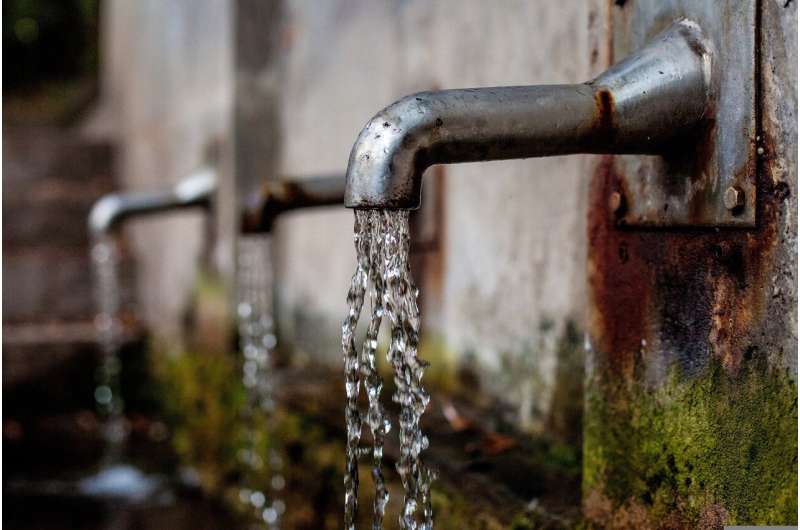
The Biden administration on Friday said it would require states to report on cybersecurity threats in their audits of public water systems, a day after it released a broader plan to protect critical infrastructure against cyberattacks.
The Environmental Protection Agency said public water systems are increasingly at risk from cyberattacks that amount to a threat to public health.
“Cyberattacks against critical infrastructure facilities, including drinking water systems, are increasing, and public water systems are vulnerable,” said EPA Assistant Administrator Radhika Fox. “Cyberattacks have the potential to contaminate drinking water.”
Fox said the EPA would assist states and water systems in building out cybersecurity programs, adding that states could begin using EPA’s guidance in their audits right away.
EPA said it would help states and water systems with technical know-how. The announcement made no mention of financial assistance.
Officials said recent surveys showed that states are inconsistent in their efforts to protect drinking water systems from cyberattacks—mainly on the operational technology used for safe drinking water. The EPA also said many water systems do not have cybersecurity practices—and that voluntary measures have “yielded minimal progress.” Experts have said many municipalities lack the money and expertise.
In 2021, a hacker’s failed attempt to poison the water supply of a small Florida city near Tampa raised alarms about the vulnerability of the nation’s 151,000 public water systems. In that incident, an intruder breached the system using a remote access program to increase the amount of sodium hydroxide to be added to the water by a factor of 100, local officials said. A supervisor monitoring a plant console caught the activity and stopped it.
Sodium hydroxide is used to lower acidity in swimming pools and drinking water, but can cause chemical burns in high concentrations.
EPA’s memo came a day after the White House released a wide-ranging cybersecurity plan to counter rising threats to government agencies, private industry, schools, hospitals and other key infrastructure that are often breached. That plan also included measures to hold software companies responsible when their products fail to meet certain standards.
Anne Neuberger, deputy national security advisor for Cyber and Emerging Technologies, said Friday that EPA’s memo for states would establish minimum cybersecurity measures for municipal water after the administration previously did so for pipelines and the rail sector.
“Americans deserve to have confidence in their water systems’ resilience to cyberattackers,” Neuberger said.
© 2023 The Associated Press. All rights reserved. This material may not be published, broadcast, rewritten or redistributed without permission.
Citation:
EPA mandates states report on cyber threats to water systems (2023, March 3)
retrieved 3 March 2023
from https://techxplore.com/news/2023-03-epa-mandates-states-cyber-threats.html
This document is subject to copyright. Apart from any fair dealing for the purpose of private study or research, no
part may be reproduced without the written permission. The content is provided for information purposes only.
For all the latest Technology News Click Here
For the latest news and updates, follow us on Google News.

